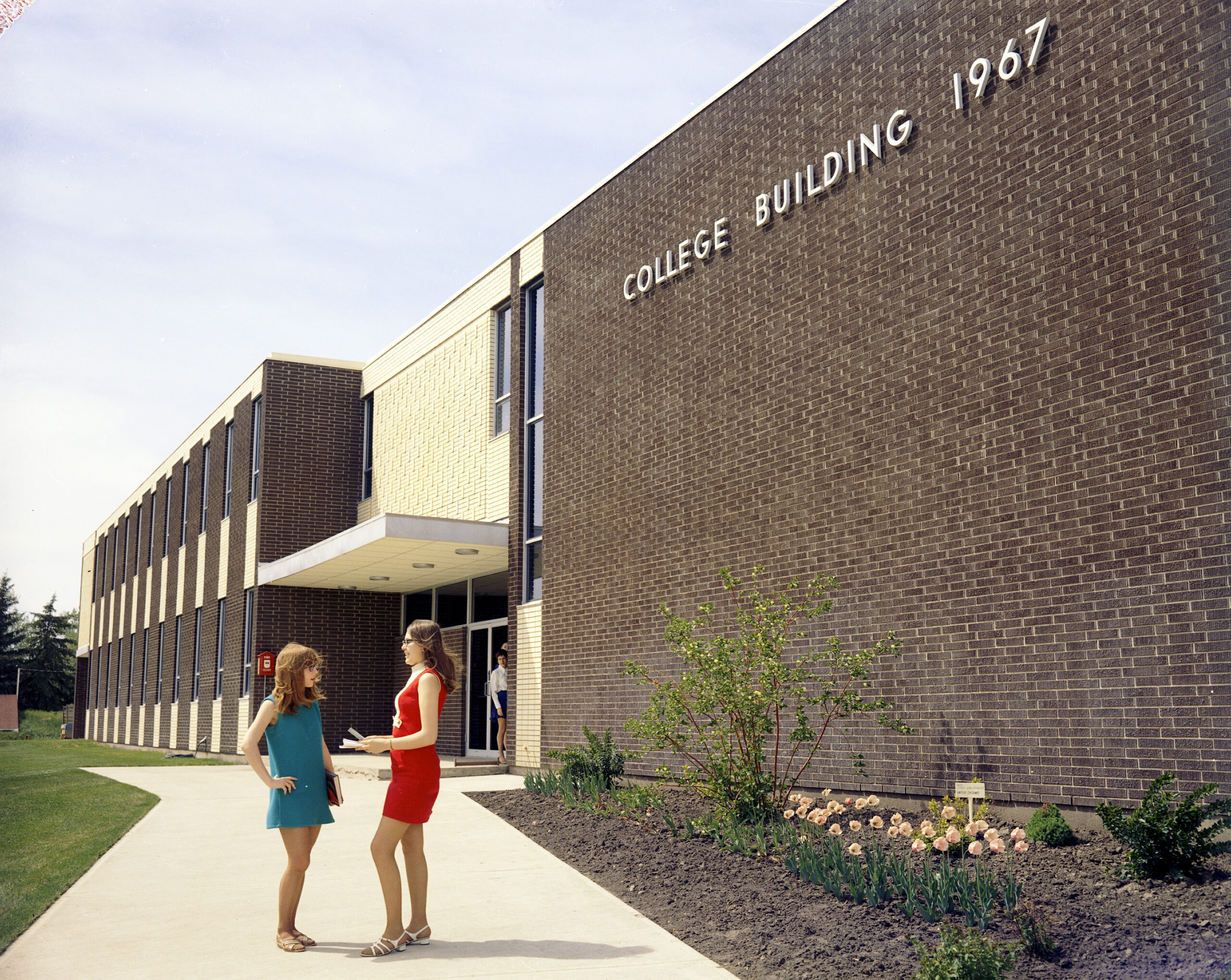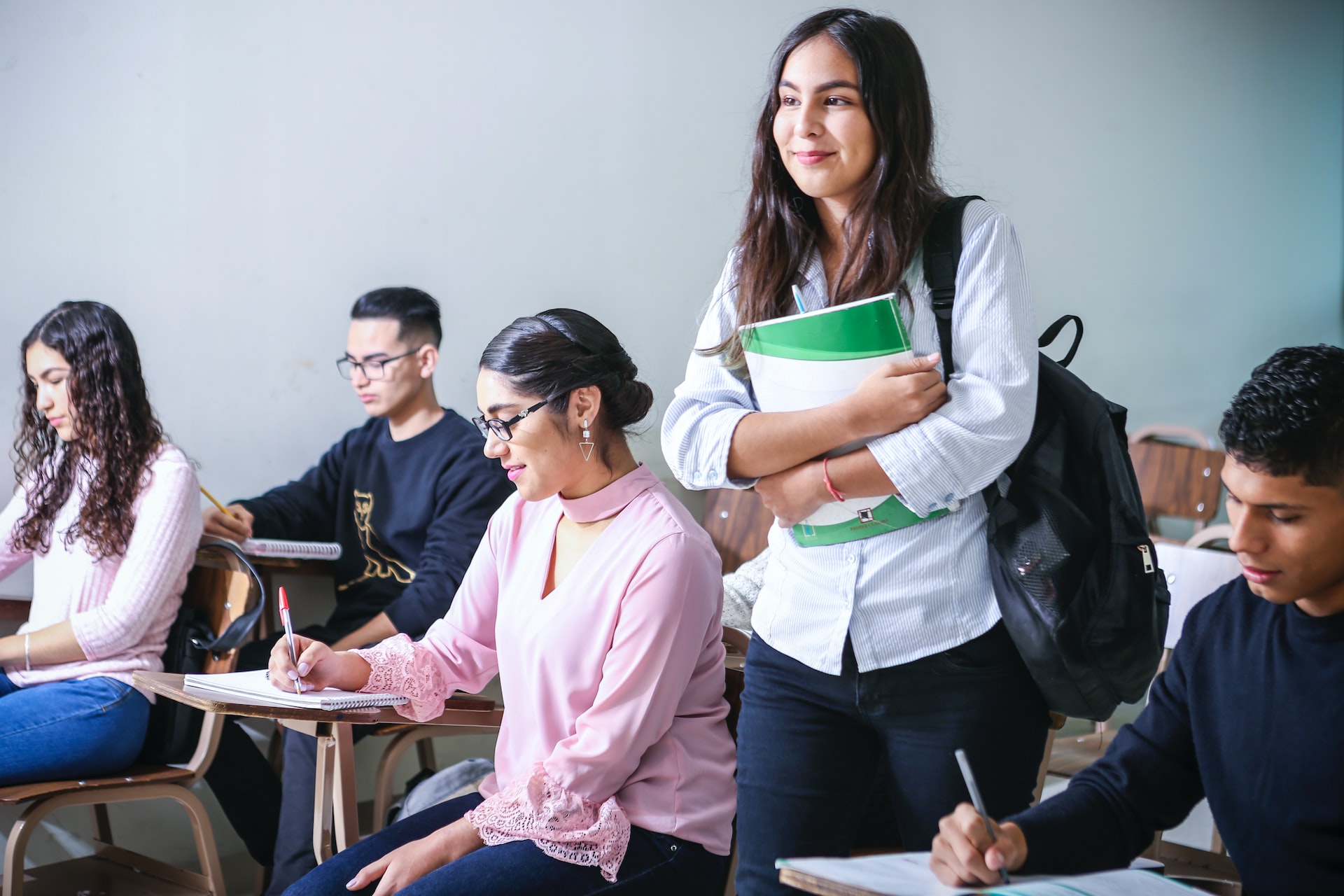Dans cet article :
- Une étude de l'université de Victoria explique pourquoi les élèves qui ont un sentiment d'appartenance plus fort ont plus de chances d'obtenir leur diplôme et d'accéder à des études supérieures.
- Les chercheurs ont distingué deux types de recherche d'aide : la recherche d'aide adaptative et la recherche d'aide expéditive.
- Dans la recherche d'aide adaptative, les élèves facilitent leur propre processus d'apprentissage en demandant des conseils ou des explications. Dans la recherche d'aide expéditive, les élèves cherchent des moyens de minimiser leur travail en demandant des solutions ou que quelqu'un d'autre fasse aussi une partie du travail à leur place.
- Les étudiants qui ont déclaré un sentiment d'appartenance plus élevé étaient plus susceptibles de faire preuve d'une recherche d'aide adaptative, mais pas plus susceptibles de faire preuve d'une recherche d'aide expéditive.
- La recherche d'aide adaptée est également corrélée positivement avec la confiance de l'élève dans la mise en œuvre de diverses compétences d'apprentissage autorégulé (auto-efficacité pour l'apprentissage autorégulé) et sa motivation à apprendre.
Ce n'est un secret pour personne : les étudiants qui ont un sentiment d'appartenance élevé ont plus de chances d'obtenir leur diplôme et de poursuivre leurs études. Une étude de l'université de Victoria peut nous éclairer sur les raisons de ce phénomène : les étudiants qui ont un sentiment d'appartenance élevé sont plus enclins à demander de l'aide lorsqu'ils en ont besoin et à utiliser davantage les services aux étudiants que les administrateurs s'efforcent de développer.
Sentiment d'appartenance et demande d'aide
Dans cette étude, les chercheurs ont recruté 307 étudiants pour participer à un cours sur les stratégies d'apprentissage dans le but de les aider à mieux comprendre les facteurs qui influencent le bien-être et les résultats scolaires. Les étudiants avaient un âge moyen de 20,5 ans, 40,1 % s'identifiant comme des femmes et 59,9 % comme des hommes.
Les participants ont été invités à remplir deux enquêtes concernant leur probabilité de demander de l'aide, leur confiance dans la mise en œuvre de diverses compétences d'apprentissage autorégulé, leur sentiment d'appartenance et leur conviction que les sujets abordés dans ce cours seraient utiles. La première enquête a été administrée après les premières semaines du début des cours, tandis que la deuxième enquête a été administrée vers la fin du semestre. Sur les 307 participants initiaux, 88,3% (271 étudiants) ont répondu à la deuxième enquête.
Un sentiment d'appartenance plus élevé conduit à une recherche d'aide plus efficace
Les chercheurs ont examiné deux types de recherche d'aide : la recherche d'aide adaptative et la recherche d'aide expéditive. Dans la recherche d'aide adaptative, les élèves facilitent leur propre processus d'apprentissage en demandant des conseils ou des explications. Dans le cas de la recherche d'aide rapide, les élèves cherchent à minimiser leur travail en demandant des solutions ou en demandant à quelqu'un d'autre de faire une partie du travail à leur place.
Dans l'ensemble, les étudiants qui ont déclaré un sentiment d'appartenance plus élevé étaient plus susceptibles de faire preuve d'une recherche d'aide adaptée, mais pas plus susceptibles de faire preuve d'une recherche d'aide rapide. La recherche d'aide adaptée est également en corrélation positive avec la confiance de l'étudiant dans la mise en œuvre de diverses compétences d'apprentissage autorégulé (auto-efficacité pour l'apprentissage autorégulé) et la motivation à apprendre.
Les étudiants qui ont un sentiment d'appartenance sont plus susceptibles de s'adapter aux défis qui se présentent à eux en cherchant de l'aide auprès de leurs pairs et de leurs enseignants. C'est pourquoi le sentiment d'appartenance est si important dans un établissement postsecondaire - pour que les étudiants comprennent que de l'aide est à leur disposition et qu'ils se sentent à l'aise de se mettre dans la position vulnérable d'admettre qu'un sujet les laisse perplexes.
Permettre aux étudiants de se connecter facilement à la communauté.
Dans notre blog précédent, nous avons examiné comment l'université de l'État de l'Iowa s'efforce d'améliorer le sentiment d'appartenance de ses étudiants dans trois domaines clés : Les relations interpersonnelles, l'identité disciplinaire et le développement d'un état d'esprit de croissance. Grâce à ces relations, les étudiants comprennent quelle est leur place dans la communauté scolaire au sens large et comment leurs études amélioreront à la fois leur vie et celle des personnes qui les entourent.
Les programmes de tutorat et de mentorat entre pairs peuvent également aider les étudiants à nouer des liens précieux et durables avec leur communauté - le tout est de les rendre facilement accessibles. La plateforme de Nimbus s'intègre facilement dans le système de gestion de l'apprentissage de votre établissement et peut mettre les étudiants en contact avec le soutien dont ils ont besoin en quelques clics. Avec l'aide de Nimbus, 60% de nos partenaires ont été en mesure d'étendre leurs programmes actuels de réussite des étudiants ou d'ajouter de nouveaux services qui répondent aux besoins des étudiants là où ils se trouvent. Notre équipe dédiée peut vous aider à vous informer sur la manière d'améliorer le tutorat dans les universités et les collèges et peut même vous fournir du matériel et des stratégies personnalisés pour assurer le succès de votre programme.
Prenez contact avec nous pour savoir comment nous pouvons vous aider!
Article cité
Sungjun Won, Lauren C. Hensley & Christopher A. Wolters (2021) Brief Research Report : Sense of Belonging and Academic Help-Seeking as Self-Regulated Learning, The Journal of Experimental Education, 89:1, 112-124, DOI : 10.1080/00220973.2019.1703095.




